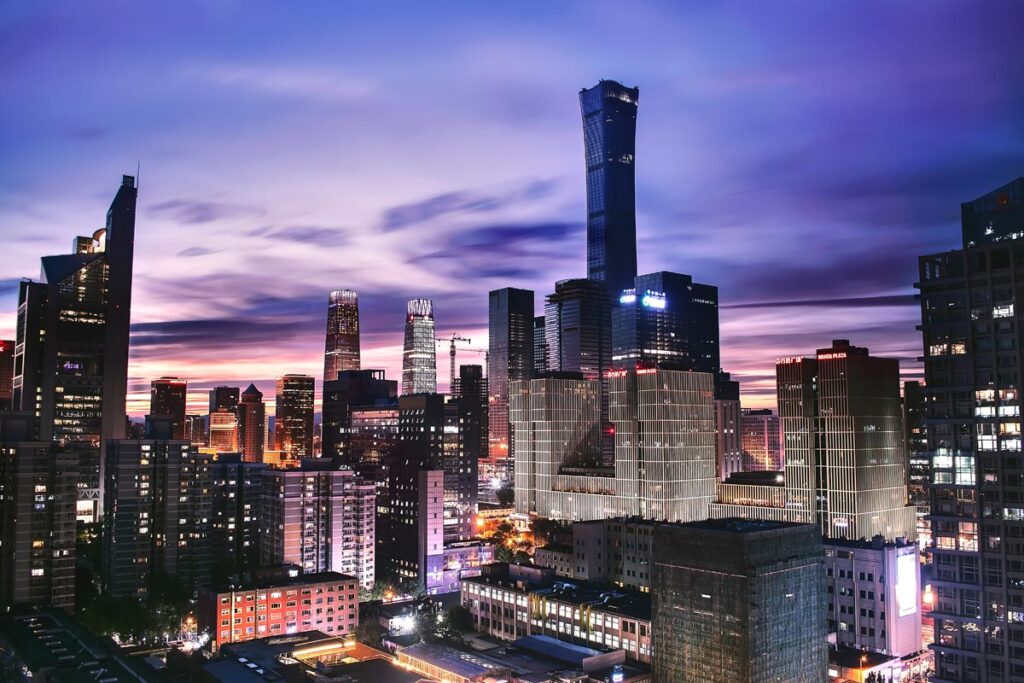BRICS Nations’ Wealth Hits $45 Trillion, Projects 85% Surge in Millionaires
A recent report unveils that the BRICS member states, now expanded to 10 nations, collectively possess investable wealth amounting to $45 trillion. This economic coalition, which includes Brazil, Russia, India, China, and South Africa, welcomed Saudi Arabia, the UAE, Iran, Egypt, and Ethiopia in January.
The inaugural BRICS Wealth Report by Henley & Partners highlights that these countries currently harbor 1.6 million individuals with investable assets exceeding $1 million, including over 4,700 centi-millionaires and nearly 550 billionaires.
This economic powerhouse now represents over 45% of the global population and contributes to 36% of the global GDP, a figure surpassing that of the G7 by approximately 6%.
According to Dr. Juerg Steffen, CEO of Henley & Partners, the inclusion of MENA (Middle East and North Africa) countries acknowledges their burgeoning economic influence beyond historical energy-centric roles.
Geopolitical risk expert Nicolas Michelon perceives the BRICS bloc as having a promising future compared to the EU, attributing this optimism to its less ambitious political operations.
China leads the BRICS nations with the highest millionaire population of 862,400, trailed by India with 326,400. Both countries are poised to witness substantial growth, with China projected to increase by 85% and India by 110% in the next decade.
Notable private wealth expansions have also been observed in Saudi Arabia, the UAE, and Ethiopia, with millionaire populations soaring by 35%, 77%, and 30%, respectively, over the past decade.
Key wealth hubs within the BRICS nations include Beijing, Shanghai, Dubai, Mumbai, and Delhi. However, Moscow has experienced a 24% decline in millionaires since 2013.
Emerging wealth centers like Bengaluru, Sharjah, Riyadh, Jeddah, and Cape Town are forecasted to undergo over 80% growth in millionaire populations by 2033. Despite their economic clout, citizens of BRICS countries exhibit lower economic mobility and passport power compared to their G7 counterparts.

